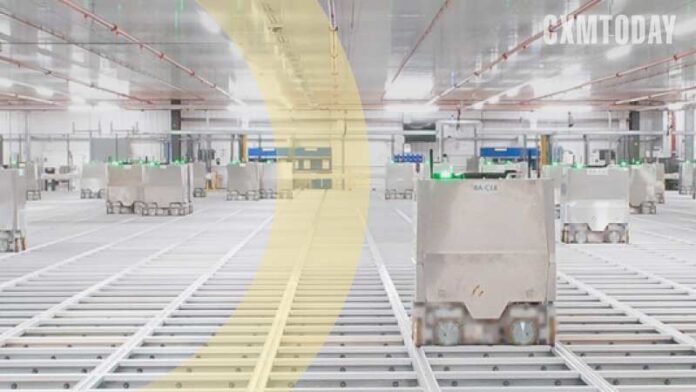Ocado is plotting an improved push into the south-east Asia market as it aims to become the “Tesla of grocery,” said Tim Steiner, CEO at Ocado.
The strategy comes after Ocado’s tie-up with South Korean firm Lotte Shopping, which was concluded at the beginning of the month.
The retail-cum-technology firm already has partnerships with online Japanese business Aeon and Coles in Australia.
“We’d love to do more business around Asia,” Steiner said during an interview with Chiba, where Aeon’s first robot-powered warehouse is scheduled to launch next year.
“South Korea is a target market in terms of the size of the ecommerce business and the developed state of the country. But there are others as well that are interesting,” he said.
Steiner refused to reveal where else in Asia he was looking for new areas of business.
The company has made a concerted effort to reduce construction and running costs for its business, as previously high capital costs and long lead times have limited its appeal to countries with high labor costs.
Steiner believes that Ocado’s platform differs from its rivals due to it being fully integrated. Ocado engineers control the building and alter the system, a model he compared to Elon Musk’s Tesla.
“Why is Tesla so valuable? Because it has built an end-to-end car,” he said. “It is a good parallel to our industry. Our engineers have built the whole thing.”
In 2013, Ocado started offering its ecommerce tech to other firms, which now include US grocery company Kroger and Groupe Casino in France.
Its international ecommerce business could generate £1.1 billion of revenue and £600 million of underlying earnings by 2030, compared with just £66 million sales in 2022.
The move comes as the company’s grocery venture’s sales with M&S are expected to fall for the first time in the company’s history this year.
Steiner pointed out that a slowdown in sales growth was expected to be temporary, attributing it to customers returning to dining out and shopping in bricks-and-mortar locations post-pandemic.
“Whilst people are putting less items in their basket, that’s a bit of a post-Covid wind-down phenomenon,” he said, adding that “the whole grocery sector is a winner in a recession” because customers save money by not eating out.
Steiner admitted that Russia’s invasion of Ukraine and the rocketing energy prices have impacted the grocery sector in Europe.
However, he said that demand for Ocado’s automation service was expected to be strong due to a global labor shortage and the economy remaining robust in other regions such as the US.
“We’re making a piece of critical national infrastructure, effectively food distribution, significantly more productive at a time where, in the developed world, it’s getting harder and harder to find people who are willing to work in that field,” he said.
“Over time, people [who] don’t invest in automation will find they can’t find the people to do it manually,” he added.




